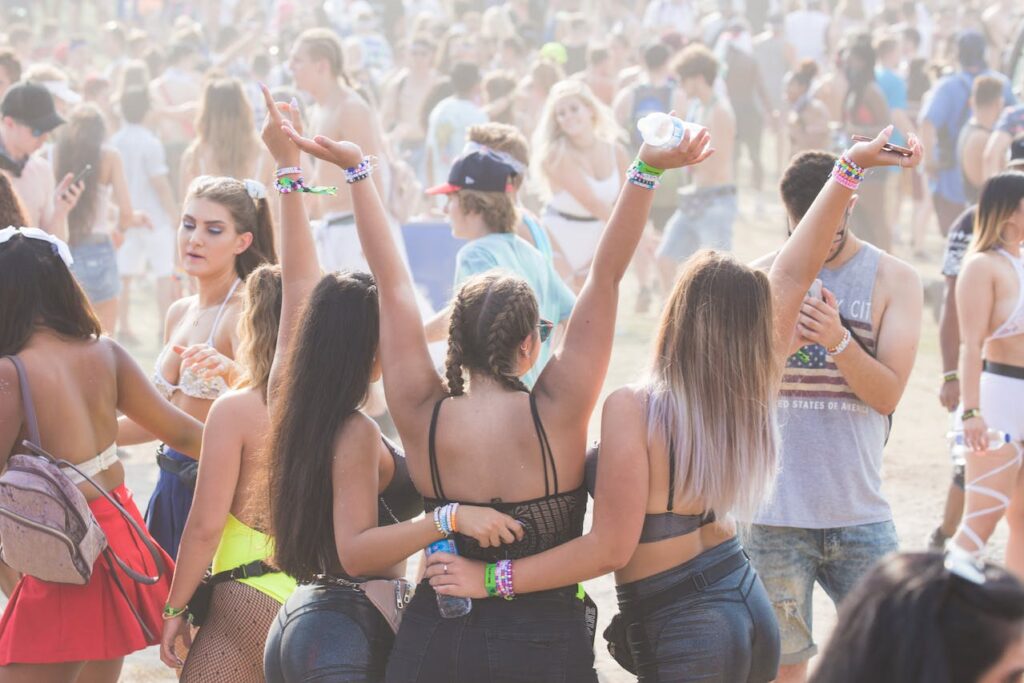In the heart of Spain’s Costa Blanca, the town of Oliva radiates with the vibrant spirit of its traditional festivals. Steeped in history and brimming with cultural pride, Oliva’s festivals are a kaleidoscope of color, passion, and communal joy. Each year, the town’s calendar is punctuated with celebrations that range from religious solemnities to explosive fiestas. This 1000-word article offers a glimpse into the most cherished festivities that define the rhythmic pulse of life in Oliva.
January: The Three Kings Parade
The year in Oliva begins with magic and wonder as the Three Kings Parade takes center stage. On January 5th, the night before Epiphany, locals and visitors line the streets to witness a procession that brings the story of the Magi to life. Children, in particular, gaze with wide-eyed amazement as Melchior, Gaspar, and Balthazar throw candies and small toys to the crowd, simulating the gifts they brought to baby Jesus.
February: Carnival
In February, the streets of Oliva burst into life with Carnival, known locally as ‘Carnestoltes’. This festival is a feast for the senses, featuring elaborate costumes, infectious music, and a parade that weaves through the town with dancers and musicians. Carnival in Oliva is a time when satire and revelry take precedence, with locals donning masks and letting loose before the solemnity of Lent.

March: The Fallas
Oliva’s version of the renowned Fallas festival, predominantly celebrated in neighboring Valencia, lights up the town in March. Giant ninots (papier-mâché figures) that satirize public figures and everyday life scenarios are displayed around the town. The festival culminates in the ‘Cremà’, the burning of these figures, symbolizing the purging of the old and welcoming the new.
Easter: Semana Santa
Semana Santa (Holy Week) is observed with profound reverence in Oliva. Processions throughout the week portray the Passion of Christ, with locals partaking in age-old brotherhoods and guilds. The ‘Silent Procession’ on Good Friday is particularly moving, as it passes through the dimly lit streets, reflecting the solemnity of the occasion.
June: Corpus Christi
The feast of Corpus Christi is celebrated with a traditional procession through the historic center. The town is adorned with floral carpets and decorative elements that create a stunning path for the procession, which includes the ‘Dance of the Santíssim’, a dance that dates back to the Middle Ages and is performed by children.
July: Fiesta de San Juan and the Moors and Christians
The Fiesta de San Juan on June 24th welcomes summer with bonfires on the beach, fireworks, and nocturnal merrymaking. The highlight is the ‘Nit de Sant Joan’, where people jump over fires to purify and protect themselves for the coming year.
Soon after, Oliva celebrates the Moors and Christians festival. A dramatic reenactment of the historical confrontations between the two forces, this event features splendid costumes, mock battles, and parades that showcase the cultural tapestry of Oliva’s history.
August: Festes de Sant Roc
In August, Oliva pays tribute to its patron saint, Sant Roc, with a week-long festival. The festivities include open-air concerts, bull-running events, and religious processions. The ‘Nit d’Albaes’, a night when traditional Valencian songs are sung to honor the saint, adds a touch of regional musical heritage to the celebrations.
October: Festes del Rebollet
The Festes del Rebollet, held in honor of the Virgin of Rebollet, features a religious procession, flower offerings, and community feasts. It’s a time when the town’s deep-rooted faith and communal bonds are vividly on display.

December: Christmas and the Belén Viviente
As the year draws to a close, Oliva immerses itself in the warmth of Christmas festivities. The town square twinkles with festive lights and a traditional Christmas market. The ‘Belén Viviente’, or Living Nativity, is an event where locals recreate the nativity scene, often in the historic settings of Oliva’s old town, providing a picturesque backdrop that transports visitors to Biblical times.
Conclusion: The Heartbeat of Oliva
From the Three Kings in winter to the solemnity of Semana Santa, from the fiery Fallas to the historic Moors and Christians, and onto the patronal celebrations of summer and fall, Oliva’s festivals are the heartbeat of the town. They are more than dates on a calendar; they are a vibrant expression of a community’s identity, a testament to its history, and a lively invitation to all who wish to partake in the joyous spirit of Oliva. Each festival is a thread in the fabric of Oliva’s culture, woven through generations and celebrated with unabated enthusiasm. They offer a journey through time, a taste of tradition, and a calendar of celebrations that beckon to be experienced.





